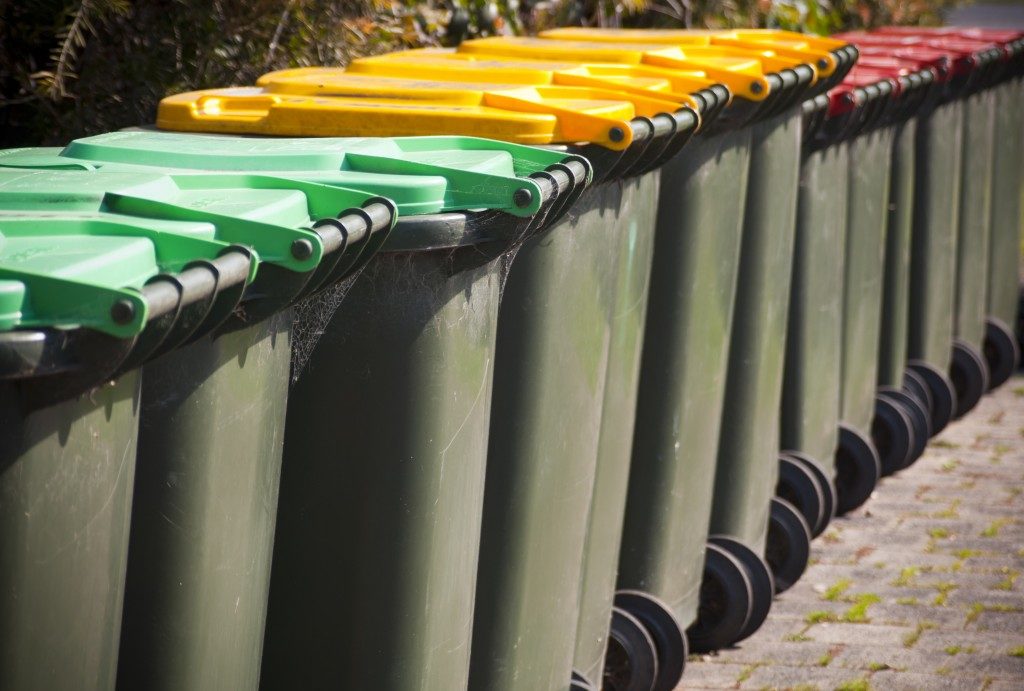The Rise of Responsible Waste Management
A few decades back, waste management was seen more of a costly and mandatory chore that businesses rarely prioritise; businesses viewed waste management as an expense with no returns rather than investment which they can benefit from. However, due to the recent and surging trend of environmental consciousness and better public and private support and incentives for proper waste management, more businesses are investing more resources and attention towards the practising responsible waste management.
Small Businesses and Responsible Waste Management
Often, you’d hear that it’s huge corporations leading the charge on responsible waste management, recycling, and zero-waste policies. But it’s not only big companies that can reap the benefits of responsible waste management; as such, we’ll be taking a look at why many small businesses are prioritising responsible waste management and why your business should too:
Legal Compliance and Incentives
For many states and cities, proper waste management is legally mandated, and improper waste disposal could result in fines or even possible lawsuits and foreclosing of your small business. So, even if you’re not after the benefits, it would still be a smart choice to take the time and effort to dispose of your waste responsibly. On the other hand, there are many non-profit organisations, private organisations, and even government agencies that provide incentives to small businesses with good waste disposal practices such as grants and certifications which can go a long way for building a small business’ brand, reputation, and resources. Some cities and states even provide tax credits which can significantly benefit your profitability.
Improved Public Image
Once you’re known to practice responsible waste management, (which includes recycling and proper waste disposal) your small business can be labelled as “Green”. And with today’s environmentally conscious trend, consumers are more likely to choose you’re your business as compared to other businesses that don’t practise responsible waste management. Reputation is, after all, a huge part of any business, established or otherwise. So don’t be afraid to flaunt in your social media account or website that your business prides itself in practising responsible waste management.
Boost Morale
 It’s not only consumers that are environmentally conscious, but also your workers. If they see that your small business is making green choices and making an effort to minimise waste, they’d realise that they’re working for a business that doesn’t only focus on making a profit but genuinely cares for the environment. This, in turn, would help motivate them to work better and be more productive.
It’s not only consumers that are environmentally conscious, but also your workers. If they see that your small business is making green choices and making an effort to minimise waste, they’d realise that they’re working for a business that doesn’t only focus on making a profit but genuinely cares for the environment. This, in turn, would help motivate them to work better and be more productive.
Efficiency, Cutting Costs, And Additional Earnings
Recycling waste such as paper, packaging materials, metal, and other items would mean that you’d have less waste to dispose of — which, subsequently, results in lower costs in hauling waste to landfills or less frequent waste pickups (and lower local waste management fees). Additionally, if you’re able to recycle certain materials such as paper, you’d need to buy fewer rims of paper for your small business’ operation. You could even earn extra cash for your business by selling aluminium, cables, batteries, and other metal wastes to waste management companies that practice scrap metal recycling.
Conclusion
Any form of business produces waste, regardless of scale or industry; coffee shops, small accounting firms, family retail outlets all produce waste, albeit of smaller quantities than larger corporations. But this doesn’t excuse small businesses from practising responsible waste management; in fact, it should be what drives small and medium enterprises to practice as they need as much of those benefits than larger corporations. So make sure you take the time, effort, and resources to practice and reap the benefits of responsible waste management.
